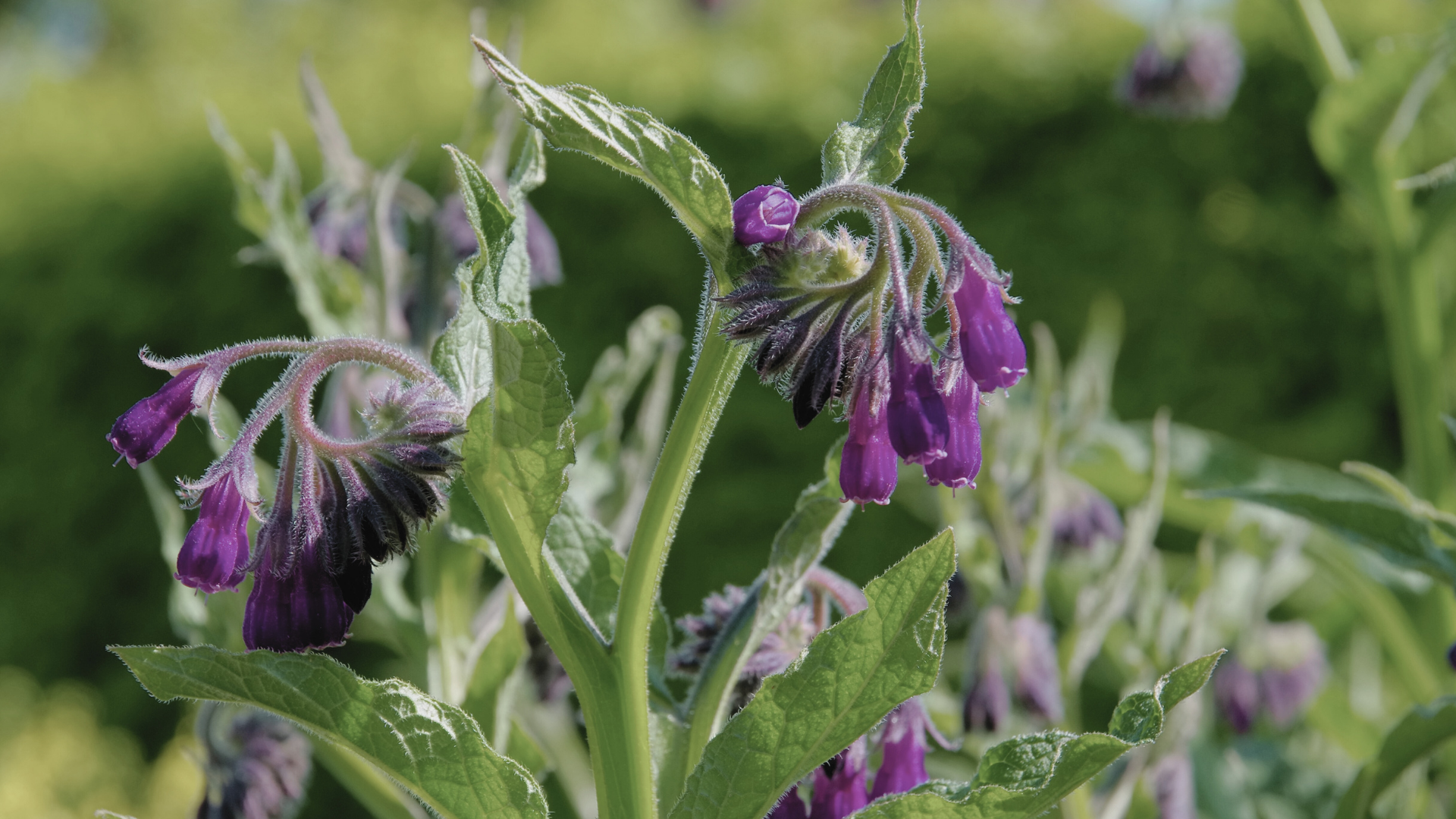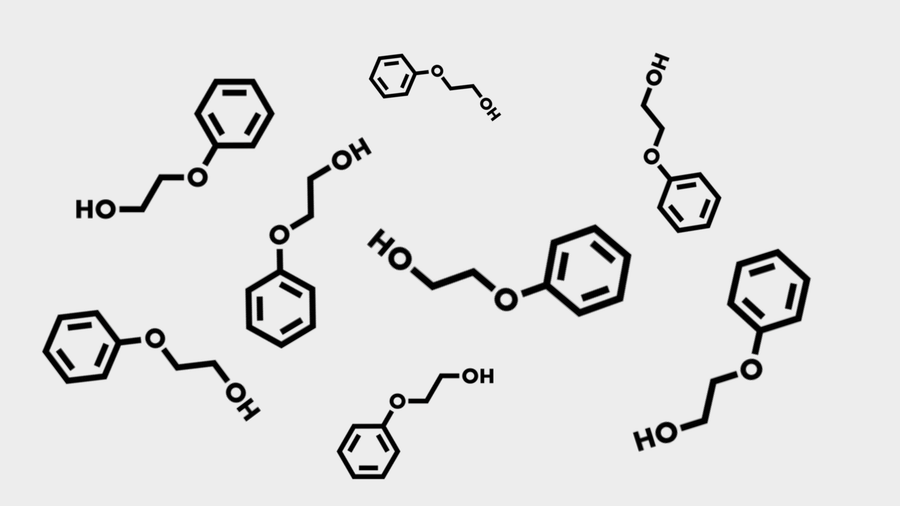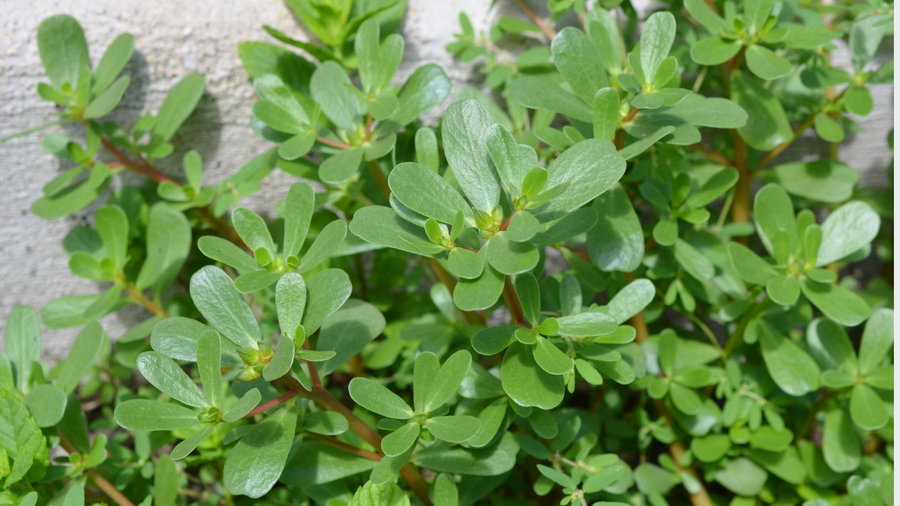If you’re passionate about gentle skincare, you’ve probably heard of ingredients like niacinamide or hyaluronic acid, but allantoin benefits for skin are often overlooked. This humble powerhouse has been used for decades in soothing, healing formulations and deserves a spot in your minimalist routine. Whether you’re dealing with sensitivity, irritation, or even scars, allantoin might be the calming hero your skin has been waiting for.
What Is Allantoin?
Allantoin is a skin-soothing ingredient naturally found in plants like comfrey root, chamomile, and wheat sprouts. It’s a white, crystalline powder known for its ability to calm irritation, promote healing, and leave skin feeling soft and smooth.
In modern skincare, most allantoin is lab-created for purity, consistency, and vegan-friendliness. This makes it safe and sustainable, while still offering the same skin benefits that nature intended.
How Is Allantoin Made?
Historically, allantoin was extracted from comfrey plants, a herb traditionally used for wound healing. However, plant extraction can introduce impurities, so today’s cosmetic-grade allantoin is synthetically produced in labs. This process ensures:
- High purity
- Stable performance in formulas
-
Vegan and cruelty-free status
Despite being synthetic, it’s molecularly identical to the natural version, making it perfectly safe and effective for sensitive skin.
Allantoin Benefits for Skin
Allantoin brings a long list of benefits to your skincare routine:
- Hydration & Softness: It acts as a humectant, helping skin retain moisture for a smoother, plumper feel.
- Soothing Irritation: Allantoin calms redness, itching, and sensitivity, making it perfect for easily stressed skin.
- Barrier Repair: It supports the skin’s protective barrier, reducing the chance of moisture loss and irritation.
- Mild Exfoliation: Allantoin gently encourages cell turnover, helping shed dead skin cells without the harshness of scrubs or acids.
- Healing Support: Often found in scar gels, allantoin helps improve the look of skin post-injury, acne, or irritation.
-
Safe for Sensitive Skin: It’s one of the most well-tolerated actives—even for reactive or post-procedure skin.
What Does Allantoin Smell Like?
Pure allantoin has a distinct, slightly earthy or medicinal odor that some people notice right away. While it’s not usually overpowering, it can be more apparent in fragrance-free products because there are no added scents to mask it. If you’re sensitive to smells, it’s helpful to know that this natural scent is completely normal—and it’s a sign you’re using a clean formula without unnecessary perfumes.
Within our Night C.A.P. formula, you might detect this subtle aroma when you first apply the cream. However, it fades within seconds as the product absorbs into your skin, leaving no lingering scent behind. We choose to keep our formulas free of synthetic fragrance and essential oils to respect sensitive skin, even if it means letting the true character of the ingredients come through.
Allantoin in Scar Gels and Healing Ointments
Allantoin isn’t just a gentle hydrator, it’s a key ingredient in scar treatments and healing gels. It helps:
- Reduce irritation and redness
- Keep the skin moisturized and flexible while healing
-
Support tissue regeneration after minor injuries, acne lesions, or cosmetic procedures
Many over-the-counter scar gels list allantoin as the active ingredient because it helps soothe discomfort and promotes a smoother skin surface as scars mature.
Is Allantoin Safe for Sensitive Skin?
Absolutely. One of the reasons allantoin is so loved by dermatologists and formulators is its incredibly low potential for irritation or allergic reaction. It’s suitable for:
- Dry or flaky skin
- Post-acne healing
- Redness-prone or reactive skin
-
Use alongside stronger actives like retinoids or acids to help minimize irritation
How to Use Allantoin in Your Skincare Routine
Allantoin is versatile and fits beautifully into a minimalist routine. You can find it in:
- Creams and lotions
- Serums
- Spot treatments
- Scar gels
-
Post-procedure skincare
It pairs well with other gentle, barrier-supportive ingredients like:
- Niacinamide
- Colloidal oatmeal
- Squalane
- Panthenol
-
Purslane extract
Tip: Use allantoin daily to maintain a calm, hydrated complexion. It’s safe for both morning and night use and won’t interfere with most other active ingredients.
Side Effects of Allantoin
Allantoin is one of the safest skincare ingredients available, with side effects being extremely rare. However:
- As with any new product, perform a patch test before full application
-
Seek medical advice if you experience persistent irritation
TL;DR
Allantoin is the gentle multitasker you didn’t know your skin needed. It hydrates, calms, repairs, and even helps improve the look of scars, all while being safe for sensitive skin. If you’re craving a minimalist routine that truly supports your skin barrier, allantoin deserves a spot on your shelf.
Try Night C.A.P. for Calmer, Happier Skin
Ready to simplify your routine and experience the soothing benefits of allantoin? Try Night C.A.P., our 8-in-1 night cream designed to nourish sensitive skin with powerful actives like allantoin, niacinamide, colloidal oatmeal, and purslane. So you can have a minimalist routine with maximalist results.









